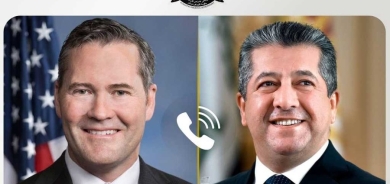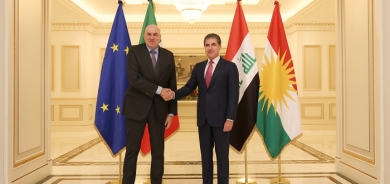Atul Kohli to Gulan Magazine: The only way to teach the habits of democracy is by practicing democracy. After few elections for the broader masses; they will start to understand the importanc
November 2, 2011
Exclusive Interviews

The Professor Atul Kohli is a professor of Politics and International Relations in Princeton University, and is one of the well-known researchers at Woodrow Wilson Institute and he is a specialist on democratic issues in general and on democratizing India in particular. Regarding to the way in which people can be taught on democracy and democracy building process in the developing countries, we contacted the Professor Kohli and he expressed his views to Gulan Magazine in an exclusive interview as the following:“For the broad masses, it is very difficult to teach them habits of democracy over the short term. The only way you do that is by practicing democracy over time. So; after few elections for the broader masses they will start to understand the importance of democracy and what role they can play. In a country like India where democracy works fine, it is main Congress Party and the Congress Party is not very democratic, and yet it contributes to functioning of the democracy. As long as the rules allow different parties to compete against each others, that’s at least as important if not more important than the internal democracy of parties. I think if parties agreed to accept the will of the people, even one election if that’s accepted, it makes a huge shift in the psychology of the people. It makes the society think that there is a peaceful way of sharing power, and that’s people will not monopolize power once they get control over it. To make democracy work you have to institutionalize hope, people must have hope in the system that somebody else will not control it, as long as that hope kept alive people will have some faith in the system. Institutions are critical for democracy to function, and the question is always where the good institutions come from, you either inherit them from a long past, or if you don’t have that, then you need leaders to help create that. So your country may have some good institutions from the past; structure of bureaucracy may not be that bad, but it certainly doesn’t have good political parties, and certainly doesn’t have functioning parliament very well, and so those types of institutions in the end have to be created by leaders, that’s why the role of the leaders becomes extremely important that the political class at the top has to play a creative role, they have to be committed and they have to understand given the commitment how to put in place, so I think the role of the political class specially the top layer of political leaders becomes very important in new democracies.”
Transcription: Qane’ Kakeiy















